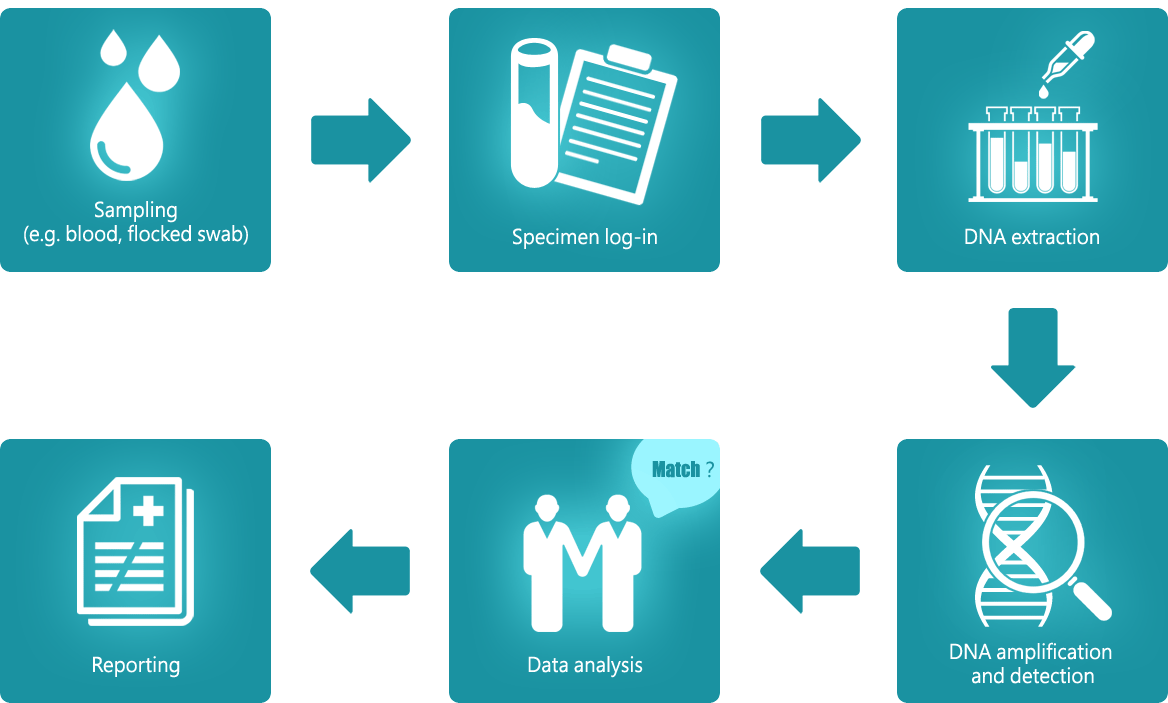
Humans normally have 46 chromosomes arranged in 23 pairs. Twenty-two of these pairs, called autosomes, look the same in both males and females.
The 23rd pair makes up the sex chromosomes, which differ between males and females. Females have two copies of the X chromosome represented as XX, while males have one X and one Y chromosome, XY.
Genes are hereditary material that lies within the cell nucleus. Genes, which are made up of DNA, act as instructions to make molecules called proteins.
It is estimated that humans have between 20,000 and 25,000 genes. Every person has two copies of each gene, one inherited from each parent. These are mostly similar in all people but a small number of genes (less than 1 percent of the total) are slightly different between people and this forms the basis of paternity tests and DNA analysis.
On average, only 3-6% of cell-free DNA in maternal blood are of fetal origin. Therefore, fetal DNA are heavily suppressed by maternal DNA. This has an effect on our ability to achieve a high probability of parentage inclusion and exclusion.
However, since only a male’s DNA contains the Y chromosome, we are able to achieve a high probability of parentage inclusion and exclusion if the fetus is male. In this case, we will use ampFLSTR Yfiler kits to amplify the Y chromosomal DNA contained in maternal blood as well as the DNA from the alleged father by PCR.

1. No Fasting is required
2. Non-invasive, inflicting minimal harm to the fetus
3. Unaffected by medication or body condition
4. High sensitivity, a tiny amount of fetal Y-DNA can be detected precisely
5. High accuracy, >99.99%

完成測試後,有機會獲免費骨質密度檢查 (DEXA) 乙次 或 骨質密度檢查優惠券乙張
閣下資料將會用作此推廣活動聯絡用途,如因資料有誤而未能聯絡閣下,本公司一概不負上任何責任。